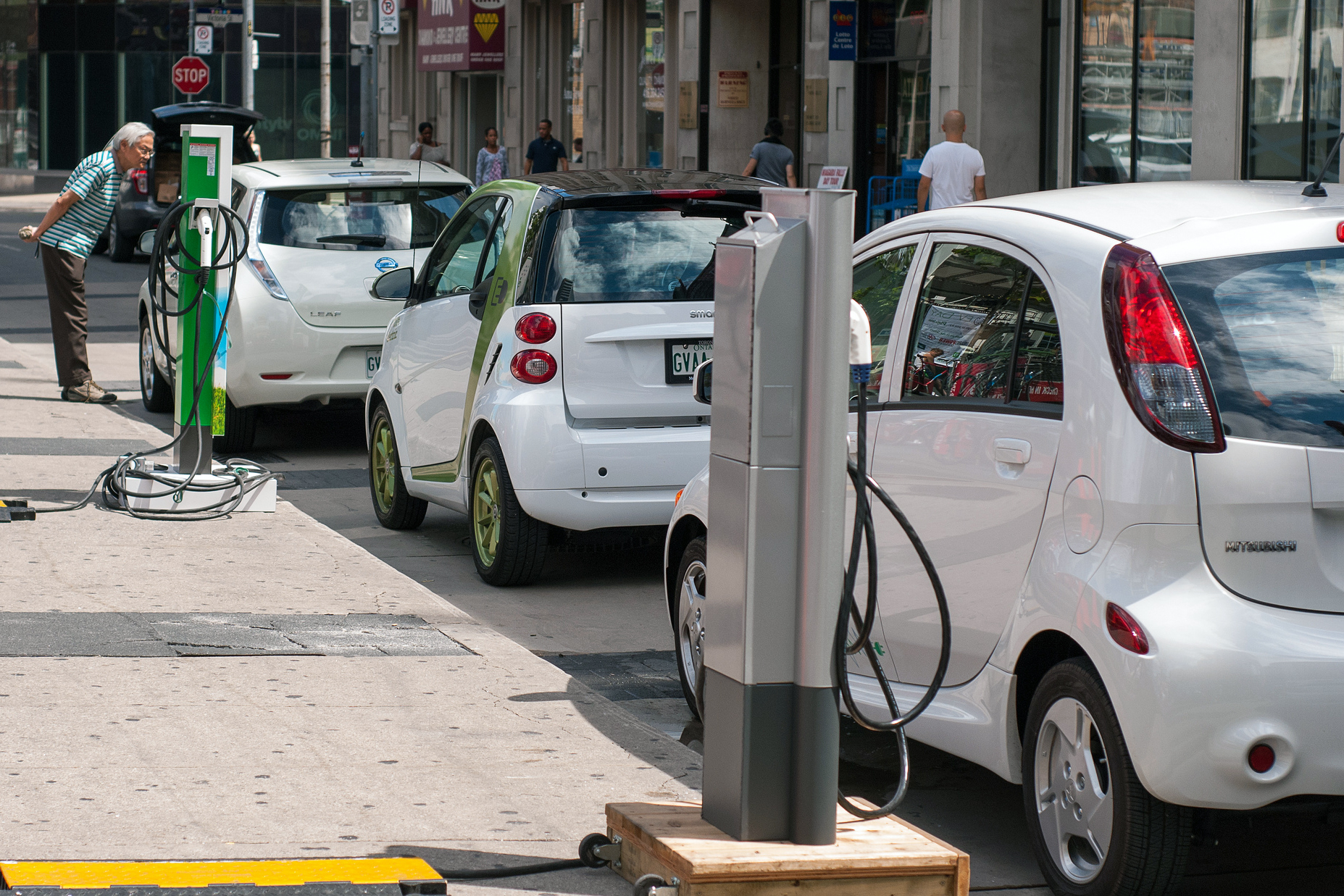From Guest Blogger Blake: How “Green” Is an Electric Car?

But to say that for sure, what is the exact data that needs to be looked at?
Through research done by scientists all over the world, particularly in Europe, we can conclude that the two main areas for concern in electric cars are the manufacturing process, especially the process for their batteries, and how the electricity itself is generated.
A study in Norway has found out that in a specific set of circumstances, electric cars can have a larger impact than most conventional cars on global warming, with even the scientist admitting they were rather disappointed with their own findings. The report ultimately proved that there is vast potential for the electric car, but its effect on the environment depends greatly on how clean our electric grids are – both for the electricity used to produce the car and the electricity used to drive the car. Considering used cars and less than ideal batteries could also be considerable factors, the report suggested.
The study analyses the life cycle of the impact the production and operation of electric cars takes on global warming. The cars were driven for 150,000 km and compared to conventional cars produced and operated in the exact same circumstances, with the energy to refine crude oil into diesel or petrol taken into account as well.
Another finding is that the manufacturing of electric vehicles in energy intensive, with some of them having almost twice the impact on the environment compared to their conventional counterparts. The main cause for concern? The Lithium-ion batteries used need a lot of energy and loads of raw material.
So are electric cars really all that bad?
Well, once they are on the road, electric cars really play moreto their Eco-friendly image than what we’ve learned so far. Having said that, electric-car impact on the environment still depends on how electricity is generated or other factors, such as the time of day one decides to charge the batteries – it’s pretty surprising to know that using electricity in the night-time costs a lot less coal than in the day. In 2012, coal-produced electricity in the UK increased by 40% of the total electricity produced because gas prices soared, and gas-based electricity was reduced. However, all this is based on the fact that electricity generated from coal is the most harmful what of producing electricity and can drastically change any advantage electric cars possess. Studies have shown than at places where this is common, such as China, the life cycle analysis of electric cars does not make for a good reading.
However, when such analysis is performed in places where electricity is generated without such a heavy toll on the environment, like Norway which mostly depends on hydroelectricity, electric cars easily outperform conventional cars in every department regarding their impact on the environment.
The same study proves that electric cars in Norway have a 25% improvement in the “global warming impact” over that of a conventional car in the same circumstances.
Australia’s EV market is in growth. since 2010 a price tag for electric cars has been downed to 30% and it is considered to go lower in coming years.
UK is very quickly trying to reduce its dependence on coal. The Department for Energy and Climate Change estimates that the UK will generate only 11% of its electricity using coal. They, however, leave room for error, based on uncertainty of gas prices and nuclear power stations. However, they maintain that they will produce a lot less in 2020 than the 40% currently produced by coal today.
The authors of the report, however, did not analyze cars in individual countries, but add that based on known levels of electricity generated in the UK, they estimate electric cars have about 10% more positive impact on the environment than conventional cars.
The most important factor though is the public’s vote of confidence on the technology. A total of 2,431 electric cars were sold last year in the UK, less than 0.2% of all the cars sold.
Resources:
http://www.which.co.uk/
http://www.carzoos.com.au/
http://www.world-nuclear.org/


